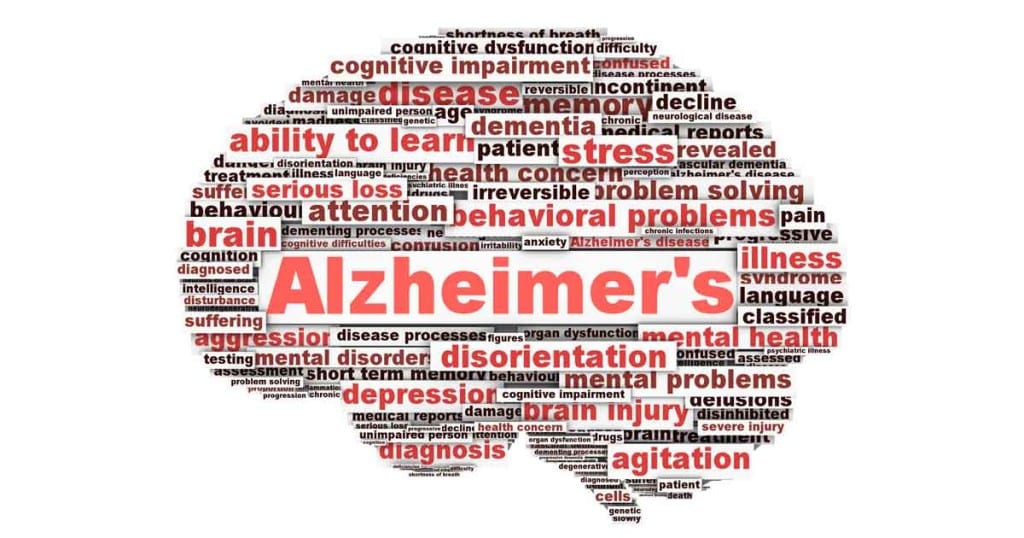Abstract
The currently available pharmacological anti-dementia treatments provide only temporary and limited benefits. Not surprisingly, patients and professionals increasingly explore non-pharmacological interventions that may alleviate dementia symptoms. Among these interventions is hyperbaric oxygen therapy (HBOT). A brief review is presented on HBOT use in medicine, with its mode of action in dementia, specifically Alzheimer’s disease, as well as a case report of self-initiated HBOT in a 62-year-old man with a clinical diagnosis of probable Alzheimer’s disease. He had over 400 HBOT sessions [2–3 times weekly, with a duration of 30–50 min, in a multi-place hyperbaric chamber at 2 atmospheres absolute (ATA)] over 7 years and use of donepezil (10 mg daily) for the last 3 years when formally diagnosed by the National Health Service (NHS) Memory Service. The patient’s longitudinal neurocognitive and neuroradiological evidence over 7 years of follow-up remained stable (with no major cognitive decline and no behavioral changes) when compared to his initial presentation when diagnosed by the private health provider. His driving remains unimpaired, and he continues to be independent. This highlights the potential HBOT benefits including those on visuospatial ability and activities of daily living in people with Alzheimer’s disease. This case report argues for more extensive research into the clinical effects of HBOT in Alzheimer’s disease. Discussion of HBOT use is along with the latest advances in anti-amyloid immunotherapy for Alzheimer’s disease, as well as HBOT augmentation of current and novel dementia drug delivery via nanotechnology.

